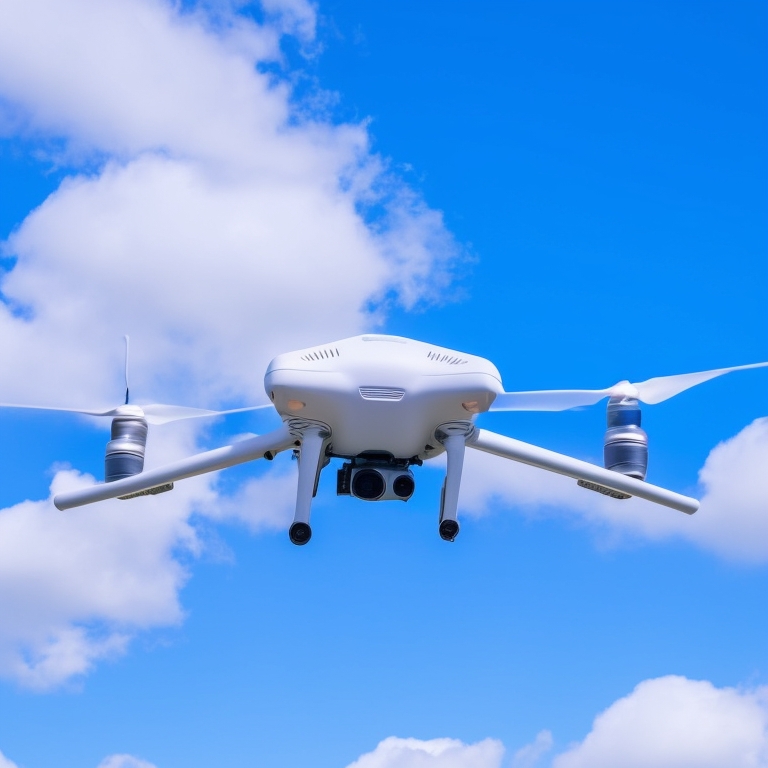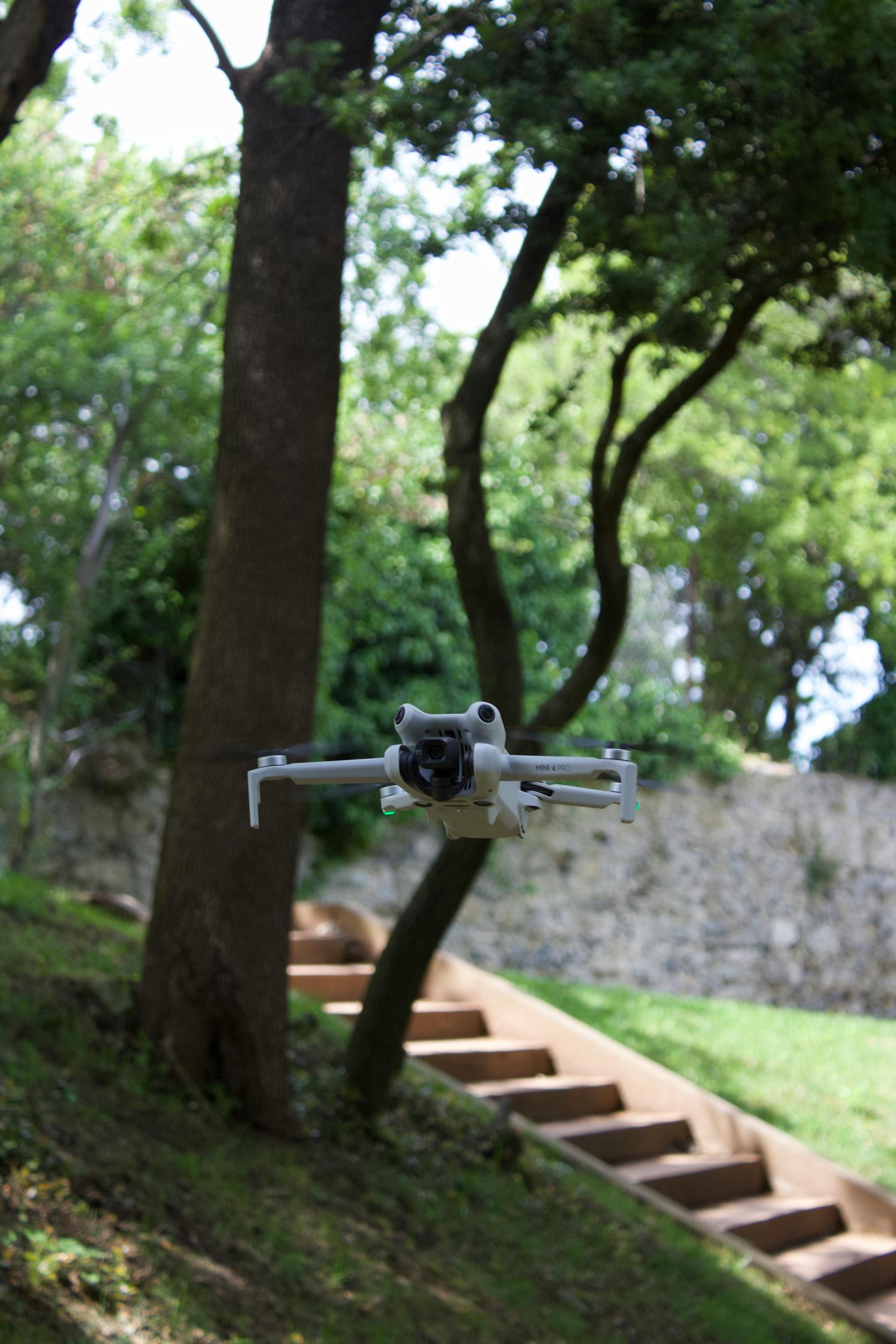DJI Drone Ban Explained: All You Need to Know
Introduction
Drone technology has revolutionized various industries, providing unmatched capabilities for surveying, photography, and logistics. However, not all news about drones is good news. Recently, the DJI drone ban has caused significant upheaval, and understanding the reasons and ramifications is crucial. This comprehensive guide will explain the DJI drone ban, delve into the reasons behind it, analyze its impact on various sectors, and suggest alternatives while ensuring you remain compliant with legal guidelines.

What is the DJI Drone Ban?
The DJI drone ban refers to the restrictions and prohibitions imposed on the use and sale of DJI drones by certain governments and organizations. DJI (Dà-Jiāng Innovations Science and Technology Co., Ltd.) is a leading manufacturer of drones, known for their advanced technology and a wide range of products. Despite their popularity, concerns over data security and geopolitical factors have led to these bans.
The ban varies in scope, ranging from limited restrictions affecting specific government departments to broader prohibitions impacting entire countries. While some bans may only limit the use of DJI drones in sensitive areas, others may completely prohibit the sale and operation of DJI products. Understanding these nuances is essential for drone operators and businesses dependent on DJI technology.
Reasons Behind the DJI Drone Ban
Security Concerns and Data Privacy Issues
One major reason behind the DJI drone ban is security. DJI drones collect and transmit vast amounts of data, including imagery and flight patterns. Concerns have arisen that this data could be accessed by unauthorized parties, jeopardizing national security and individual privacy. Several government agencies have raised alarms over potential vulnerabilities within DJI’s data handling protocols, leading to calls for stricter regulation or outright bans.
Additionally, reports have alleged that DJI drones could be susceptible to hacking, making sensitive information accessible to malicious actors. This has amplified fears, particularly for critical infrastructure and defense-related applications where data security is paramount.
Geopolitical Tensions and Trade Conflicts
Geopolitical tensions, especially between the United States and China, have significantly influenced the implementation of DJI drone bans. DJI, being a Chinese company, often finds itself at the center of trade conflicts and diplomatic disagreements. In efforts to curb dependencies on foreign technology and protect domestic industries, some countries have opted to restrict DJI drone usage.
Trade restrictions and increased scrutiny on Chinese tech firms, fueled by broader economic and political motives, further exacerbate the situation. As a result, bans on DJI drones are not just about technology but are deeply interwoven with international relations and economic strategies.
The Impact of the DJI Drone Ban on Industries
The implications of the DJI drone ban are far-reaching, affecting a myriad of industries and user groups.
Commercial Sectors Affected
-
Agriculture: Farmers rely on DJI drones for crop surveillance, soil analysis, and precision agriculture. The ban disrupts these operations, forcing the sector to seek alternative technologies, often at higher costs.
-
Construction and Real Estate: DJI drones play a crucial role in site inspections, mapping, and marketing through aerial photography. The ban halts progress on projects, delays timelines, and increases budget constraints as industries pivot to other drone providers.
-
Emergency Services: First responders use DJI drones for search and rescue missions, firefighting, and disaster management. The ban restricts their tools, potentially hindering their effectiveness in critical situations.
Impact on Hobbyists and Enthusiasts
The DJI drone ban also affects hobbyists and drone enthusiasts who rely on these affordable and user-friendly drones for recreational purposes. Many face challenges finding alternatives that offer a comparable experience at a similar price point. The ban limits their ability to pursue aerial photography, racing, and other personal projects, impacting the overall recreational drone community.
Alternatives to DJI Drones
Given the widespread reliance on DJI drones, finding suitable alternatives is a priority for both professional and casual users.
Top DJI Alternatives for Beginner Users
- Parrot Anafi: This drone offers a compact design with a high-quality camera, making it ideal for beginners interested in aerial photography.
- Ryze Tello: With ease of use and an affordable price tag, this drone is perfect for newbies looking to get started without a steep learning curve.
- Hubsan Zino: Known for its balance of performance and cost, the Hubsan Zino provides a solid option for those transitioning away from DJI products.
Best Professional Non-DJI Drones
- Skydio 2: Renowned for its autonomous flying capabilities, the Skydio 2 is a top choice for professionals needing advanced features and reliability.
- Autel Robotics EVO II: This drone is praised for its obstacle avoidance system and superior camera quality, making it ideal for commercial applications.
- Yuneec Typhoon H Pro: Equipped with advanced safety features and a robust design, this drone caters to professionals in need of a durable and efficient alternative.

How to Stay Compliant With the DJI Drone Ban
Adhering to the DJI drone ban requires awareness of relevant legal guidelines and implementing best practices in drone operation.
Understanding Legal Guidelines
- Stay Informed: Regularly check updates from government and regulatory bodies regarding drone usage policies.
- Consult Legal Experts: For businesses, consulting with legal advisors can ensure compliance with evolving regulations.
- Alternative Equipment Certification: Ensure any alternative drones meet local and international legal standards.
Best Practices for Drone Operators
- Maintain Flight Logs: Document all flight activities to provide a clear record in case of any regulatory inquiries.
- Data Security: Implement robust data protection measures to safeguard any information collected during drone operations.
- Training: Invest in comprehensive training programs for operators to familiarize them with alternative drones and new regulations.

Conclusion
The DJI drone ban, driven by security concerns and geopolitical tensions, presents significant challenges for a range of sectors and individuals. While the restrictions disrupt common practices, understanding the reasons behind the ban and exploring alternatives can help mitigate its impact. By staying informed and compliant, users can continue to leverage drone technology for their needs, albeit with different tools and stringent adherence to legal guidelines.
Frequently Asked Questions
What prompted the DJI drone ban?
The DJI drone ban stemmed from security concerns over data privacy and geopolitical tensions, particularly involving Chinese technology firms.
Which industries are most affected by the DJI ban?
Industries like agriculture, construction, real estate, and emergency services are significantly impacted by the DJI drone ban.
What are some good alternatives to DJI drones?
Respectable alternatives include Parrot Anafi, Ryze Tello, and Hubsan Zino for beginners, and Skydio 2, Autel Robotics EVO II, and Yuneec Typhoon H Pro for professionals.



